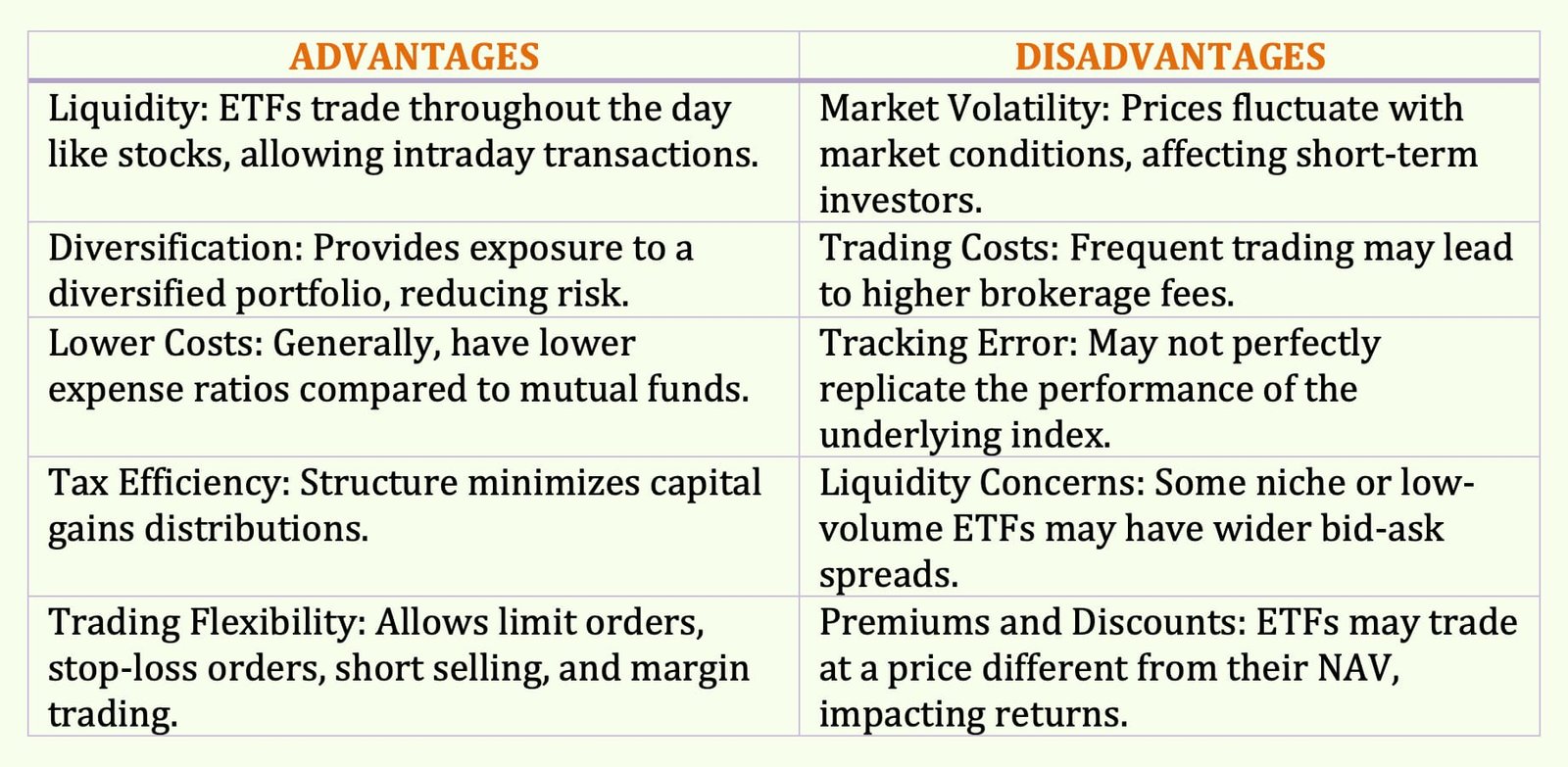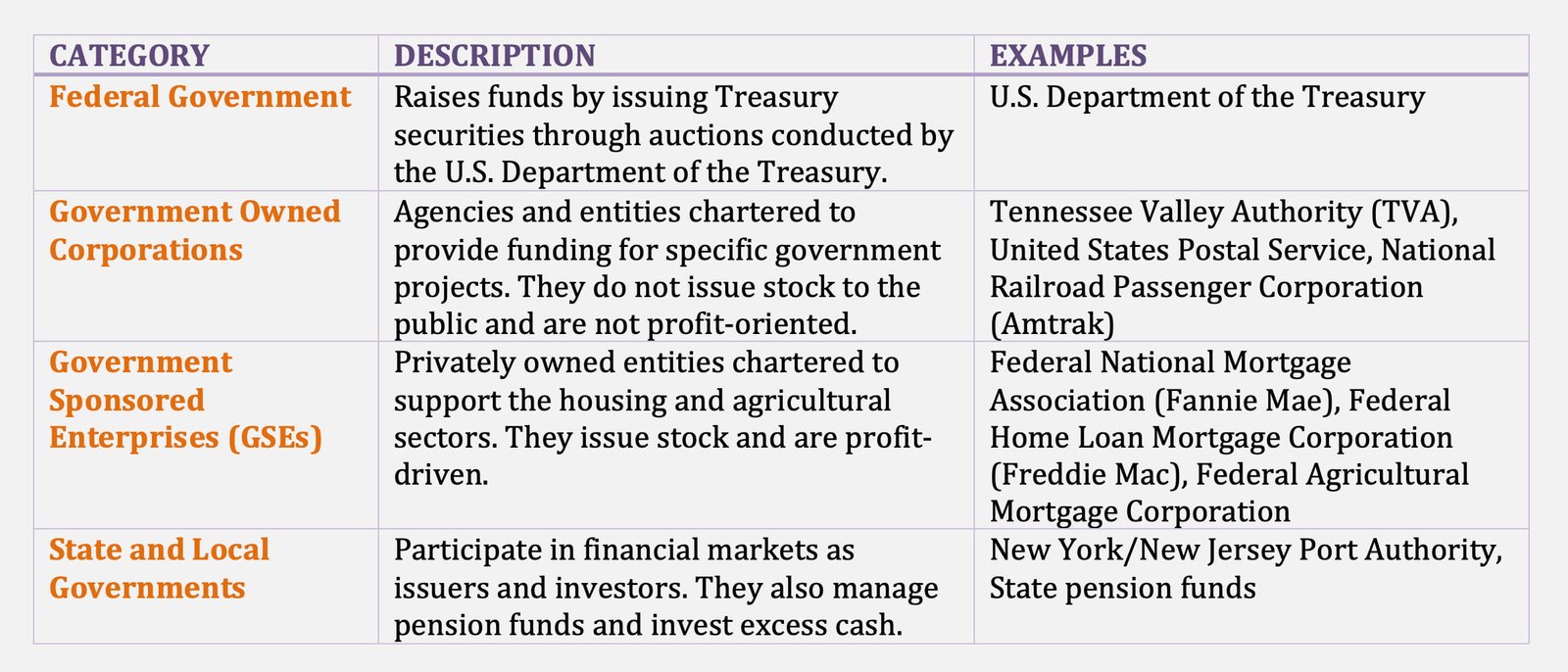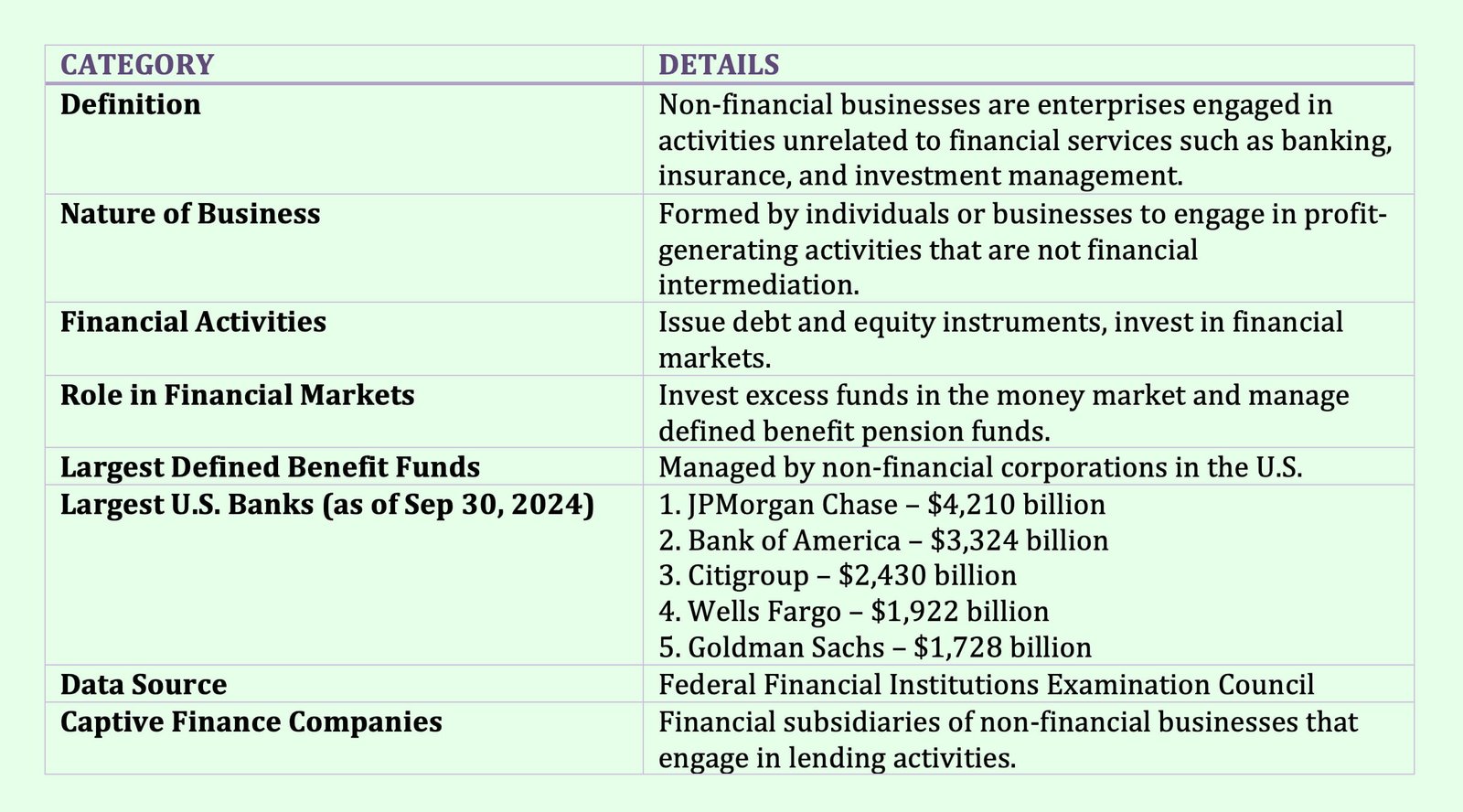Table of Contents
Exchange Traded Funds (ETFs)
Exchange-Traded Funds (ETFs) are investment funds that trade on stock exchanges, similar to individual stocks. They hold a diversified portfolio of assets, such as stocks, bonds, commodities, or other securities.
As an investment vehicle, open-end funds (i.e., mutual funds) are often criticised for two reasons. First, their shares are priced at, and can be transacted only at, the end-of-the-day or closing price.
Specifically, transactions (i.e., purchases and sales) cannot be made at intraday prices, but only at closing prices. Second, while we did not discuss the tax treatment of open-end funds, we note that they are inefficient tax vehicles. This is because withdrawals by some fund shareholders may cause taxable realised capital gains for shareholders who maintain their positions.
As a result of these two drawbacks of mutual funds, in 1993, a new investment vehicle with many of the same features of mutual funds was introduced into the U.S. financial market—exchange-traded funds (ETFs).
This investment vehicle is similar to mutual funds but trades like stocks on an exchange. Even though they are open-end funds, ETFs are, in a sense, similar to closed-end funds, which have small premiums or discounts from their NAV.
Advantages and Disadvantages of Exchange Traded Funds (ETFs)

In an ETF, the investment advisor assumes responsibility for maintaining the portfolio such that it replicates the index and the index’s return accurately. Because supply and demand determine the secondary market price of these shares, the exchange price may deviate slightly from the value of the portfolio and, as a result, may provide some imprecision in pricing. Deviations remain small, however, because arbitrageurs can create or redeem large blocks of shares on any day at NAV, significantly limiting the deviations.
Another advantage of ETFs in addition to being able to transact in ETFs at current prices throughout the day is the flexibility to place limit orders, stop orders, and orders to short sell and buy on margin, none of which can be done with open-end funds.
With respect to taxation, ETFs overcome the disadvantages of open-end funds but we will not discuss the advantages here.

